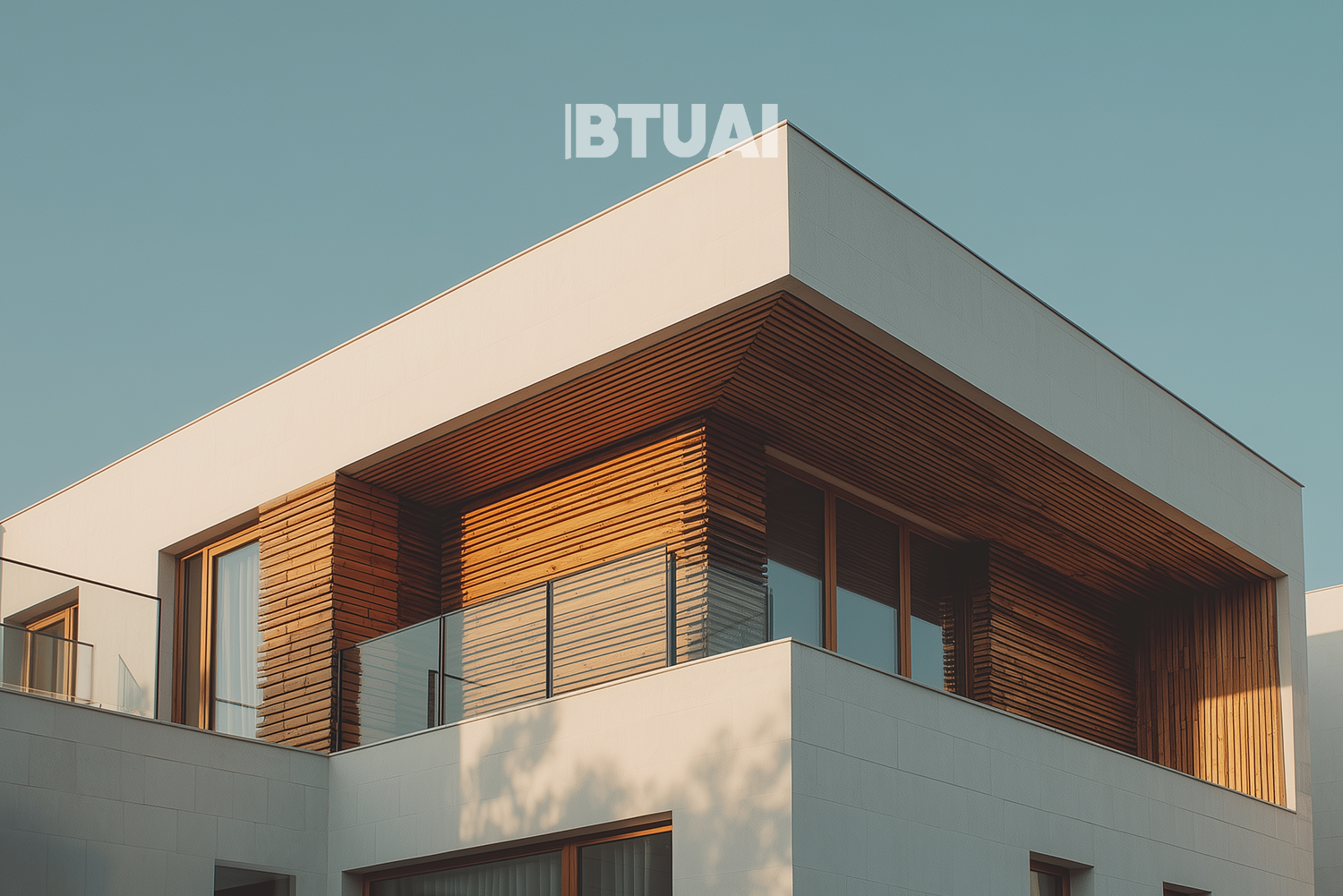A New Wave of Price Increases for Private Homes in Tbilisi: Why Is the Market Growing?
In the first quarter of 2025, Tbilisi’s real estate market once again demonstrated its upward momentum. According to data

In the first quarter of 2025, Tbilisi’s real estate market once again demonstrated its upward momentum. According to data released by the National Statistics Office of Georgia (Geostat), the prices of private homes have increased by 13.5% year-on-year, and by 1.8% compared to Q4 of 2024. This trend is now being driven by deeper underlying factors linked to the city’s development cycle and shifting demand patterns.
Price differences between neighborhoods remain stark. As expected, Mtatsminda is the most expensive area, where the average price per square meter reaches 4,687 GEL. Its historical significance, tourist appeal, and prestigious residential atmosphere traditionally position it as the priciest district in the city. On top of this, ongoing renovation and infrastructure projects across Tbilisi’s urban and cultural landscape are further boosting real estate values in Mtatsminda.
Mtatsminda is followed by Vake, where the average price per square meter of a private home stands at 4,138 GEL. Vake’s high value is largely tied to its central location, abundance of green spaces, and well-developed infrastructure. Saburtalo, despite numerous new developments, continues to be one of the most in-demand areas, with an average price of 3,567 GEL per square meter.
Other neighborhoods remain more affordable, though the overall upward trend is evident. The average price in Didube is 3,858 GEL, in Krtsanisi 2,903 GEL, and in Isani 3,172 GEL. The most affordable areas to purchase a private home are still Gldani and Nadzaladevi, where the price per square meter is 2,767 GEL. Samgori follows closely at 2,780 GEL, while in Chughureti the average price is 2,954 GEL.
Several key factors are contributing to the rise in private home prices in Tbilisi. One of the most significant is the growing demand for living space, driven both by internal migration and increased interest from foreign nationals in the city’s residential market. Considering global economic trends, demand is particularly strong in neighborhoods offering more private space and a quieter environment compared to apartment living.
Another major factor is the rise in construction costs, driven by the global increase in material prices. For years, Georgia has followed international pricing trends for imported construction materials, and overall inflation is directly reflected in new housing costs. This is further intensified by the enforcement of new building regulations that impose higher quality standards, naturally pushing market prices upward.
Additionally, the banking sector has lowered interest rates on mortgage loans since the beginning of 2025, prompting many to make the decision to purchase property. These lower rates, especially attractive to young families, have stimulated market activity and added further pressure on housing prices.
Altogether, these factors create a market environment where demand exceeds supply — particularly for high-quality private homes. As a result, the upward price trend is expected to continue in the coming months, especially in districts with untapped development potential and ongoing municipal infrastructure projects.
Tbilisi is currently in a phase where the real estate market is seeking a balance between stabilization and continuous growth. The current dynamics of private home prices clearly indicate that the city’s spatial development and overall economic stability remain key drivers of this ongoing trend.




